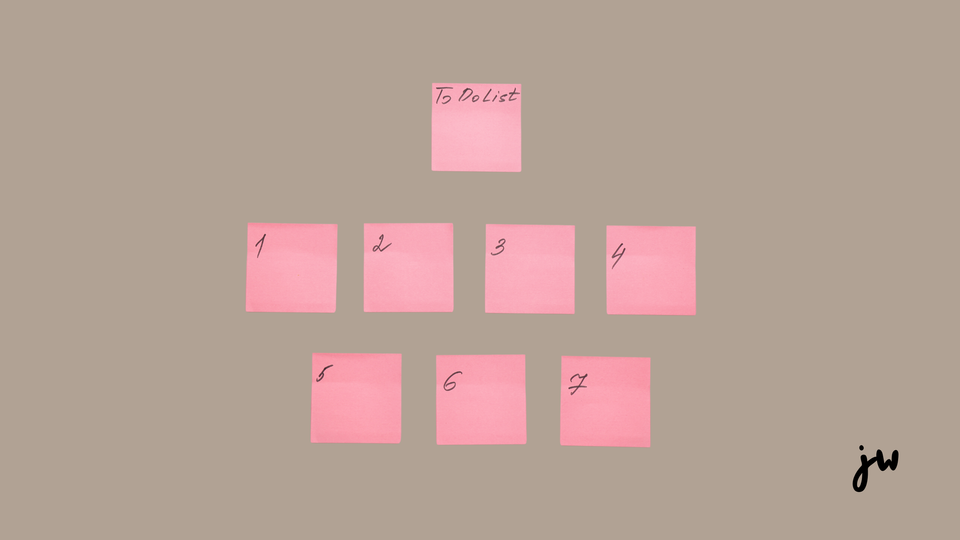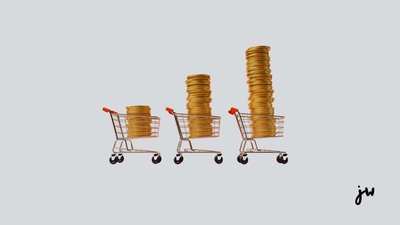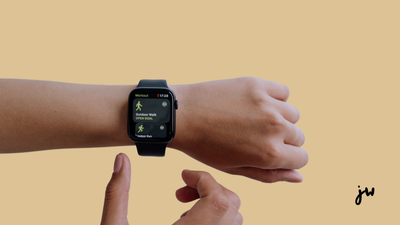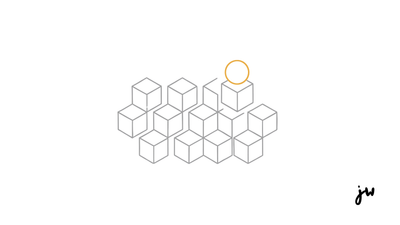Drowning in To-Dos? Here’s the Lifeline

We’ve all been there.
You sit down, ready to be productive, but your to-do list looks more like a drowning pool than a plan. You’ve got work deadlines, errands, messages to reply to, workouts you’re behind on, and that mysterious “organize life” task that’s been haunting the bottom of your list for months.
It feels like no matter how hard you try, you’re falling behind. But you don’t need more hours in a day—you need a better lifeline.
Let’s break down the science-backed systems that can help you breathe again and actually get stuff done.
🧠 1. Your Brain Can’t Handle It All—And That’s Okay
Cognitive overload happens when you try to juggle too many tasks at once. According to psychologist John Sweller’s Cognitive Load Theory, our working memory can only hold about 4 items at a time before performance drops significantly [1].
Lifeline: Use a “second brain” system to capture tasks instead of storing them in your head. Try apps like Todoist or Notion—or a simple notebook.
🧠 Free your brain for thinking, not remembering.
✂️ 2. Cut Ruthlessly with the Eisenhower Matrix
President Dwight Eisenhower famously said, “What is important is seldom urgent, and what is urgent is seldom important.” His decision matrix separates tasks into 4 quadrants:
- Urgent & Important – Do now
- Important but Not Urgent – Schedule
- Urgent but Not Important – Delegate
- Neither – Eliminate
A study from Harvard Business Review found that high performers spend 20% more time on long-term, non-urgent priorities than average performers [2].
Lifeline: Classify your to-do list today. Then ditch the distractions.
🎯 3. Focus on One Thing (Yes, Just One)
Multitasking reduces productivity by up to 40%, according to research from the American Psychological Association [3]. Your brain switches contexts, wasting time and mental energy.
Lifeline: Try the “One Thing” rule—from Gary Keller’s book The ONE Thing:
“What’s the ONE thing I can do such that by doing it, everything else will be easier or unnecessary?”
⏳ 4. Use Time Blocks, Not Wishful Thinking
A to-do list without a time plan is just a wish list. According to Cal Newport, author of Deep Work, time-blocking (assigning tasks to specific time slots) is one of the most effective productivity techniques.
Lifeline: Instead of writing a vague list, schedule your top 3 tasks into your calendar. Even if plans shift, you’ll have a framework to refocus.
🔁 5. Embrace the Daily Reset
We often carry yesterday’s unfinished tasks like baggage. Instead, treat each day like a reset.
Lifeline: Every morning, ask:
- What must get done today?
- What can wait?
- What can be removed entirely?
According to productivity coach David Allen (Getting Things Done), regular reviews are key to maintaining clarity and focus [4].
📉 6. The Power of “Good Enough”
Perfectionism is procrastination in disguise. Studies from the University of Bath show that perfectionists report higher levels of stress, burnout, and even anxiety [5].
Lifeline: Set boundaries around your work. Use timeboxing: “I’ll spend 30 minutes on this task, and then I’m done.” Progress > perfection.
☁️ Final Thoughts: It’s Not About Finishing Everything
The truth? You will never finish your to-do list. There will always be more. But you can change the way you relate to your tasks—by working with your brain, using proven systems, and letting go of the pressure to do it all.
So take a breath. You’re not lazy. You’re overloaded.
Use the lifelines above to rise up—and breathe again.
📚 SOURCES & CITATIONS
- Sweller, J. (1988). Cognitive Load During Problem Solving: Effects on Learning. Cognitive Science, 12(2), 257–285.
- Cross, R., Dillon, K., & Greenberg, D. (2016). The Collaborative Overload. Harvard Business Review. https://hbr.org/2016/01/collaborative-overload
- Rubinstein, J. S., Meyer, D. E., & Evans, J. E. (2001). Executive Control of Cognitive Processes in Task Switching. Journal of Experimental Psychology: Human Perception and Performance, 27(4), 763–797.
- Allen, D. (2001). Getting Things Done: The Art of Stress-Free Productivity.
- Curran, T., & Hill, A. P. (2017). Perfectionism is increasing over time: A meta-analysis of birth cohort differences from 1989 to 2016. Psychological Bulletin, 145(4), 410–429.
Subscribe to our newsletter.
Become a subscriber receive the latest updates in your inbox.





Member discussion